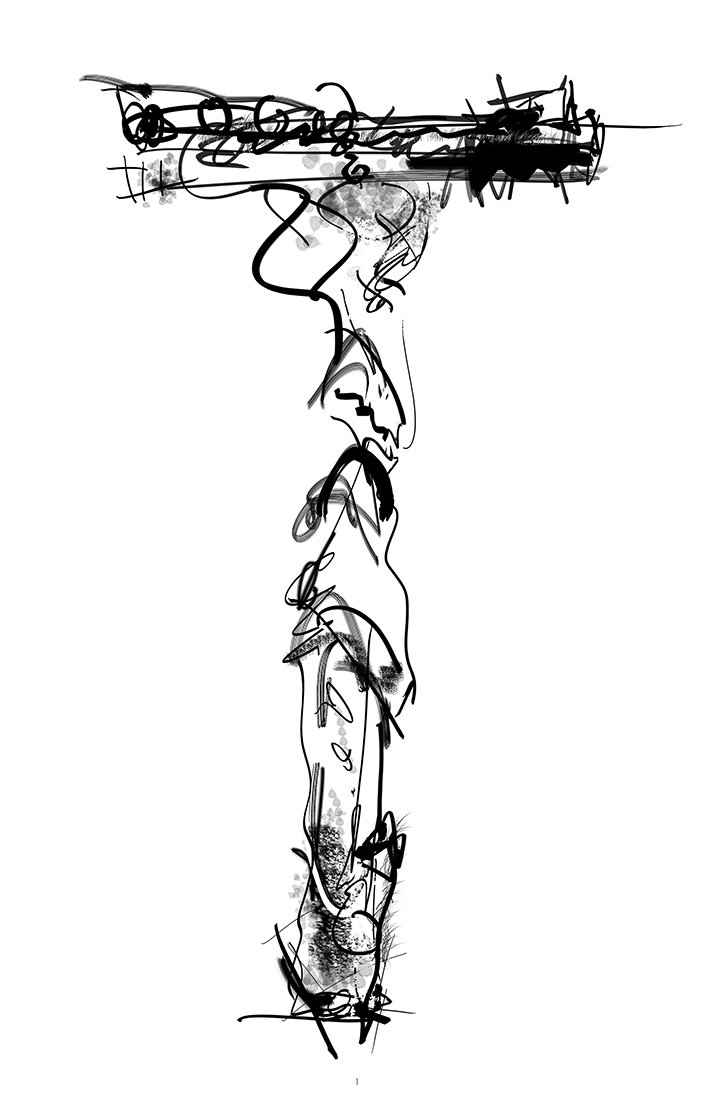When it comes to economic predictions, few voices carry as much weight as that of Jamie Dimon, the CEO of JPMorgan Chase. Recently, Dimon took to national television to share his concerns about the looming possibility of a recession in the United States. His insights, based on years of experience in the financial sector, have sparked widespread discussions and prompted many to reconsider their economic strategies.
Dimon's warnings are not merely speculative; they stem from a careful analysis of current economic trends, including the impact of tariffs and global trade tensions. As one of the most influential figures in finance, his perspective offers valuable insight into what might lie ahead for the U.S. economy. In this article, we delve deeper into Dimon's warnings and explore the potential implications for individuals and businesses alike.
JPMorgan Chase CEO Jamie Dimon has expressed optimism about the US economy despite warning signs of an impending recession. The primary concern stems from the effects of President Donald Trump's tariff policies, which Dimon believes could lead to increased inflation and a higher likelihood of a downturn. While acknowledging these risks, Dimon also highlights the importance of understanding the broader macroeconomic context.
Potential Economic Challenges
Inflation is one of the key issues raised by Dimon regarding the recent implementation of tariffs. He points out that these measures are likely to result in higher prices for consumers, which can significantly impact purchasing power and overall economic health. Businesses may face challenges in maintaining profitability if costs rise without a corresponding increase in demand.
Beyond inflation, Dimon emphasizes the uncertainty created by ongoing trade disputes. This uncertainty can deter investment and slow down economic growth. Companies may delay expansion plans or reduce hiring due to fears of future instability, further contributing to a potential slowdown.
Moreover, Dimon warns that prolonged trade conflicts could weaken America's position on the global stage. This weakening could affect long-term competitiveness and innovation within various industries, potentially leading to more profound economic consequences over time.
Global Economic Implications
The repercussions of tariffs extend beyond national borders, affecting global markets and economies. According to Dimon, there is a real risk that these policies could drive the world economy into a downturn. Such a scenario would have far-reaching effects, impacting countries reliant on international trade and cooperation.
As Dimon explains, interconnectedness means that disruptions in one region can quickly spread to others. For instance, reduced demand from major economies like the United States could negatively affect export-dependent nations, creating ripple effects throughout the global supply chain.
To mitigate these risks, Dimon advocates for swift action and collaboration between governments and businesses. By addressing underlying issues and fostering dialogue, stakeholders can work together to minimize adverse outcomes and promote sustainable growth.
Preparing for Uncertainty
Facing the possibility of a recession, both individuals and organizations must prepare accordingly. Dimon suggests reviewing financial plans and assessing vulnerabilities in light of current economic conditions. Building resilience through diversification and prudent management practices can help navigate uncertain times.
For businesses, staying informed about market developments and regulatory changes is crucial. Engaging with policymakers and industry peers can provide valuable insights and opportunities for advocacy. Additionally, investing in technology and workforce development can enhance adaptability and competitiveness.
Ultimately, Dimon's warnings serve as a call to action, urging everyone to take proactive steps towards safeguarding their financial well-being. By understanding the potential challenges ahead and planning effectively, we can better position ourselves to weather any storms that may arise.

